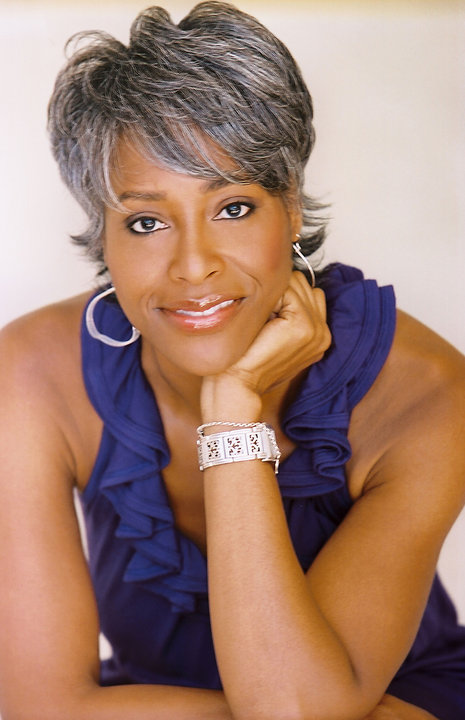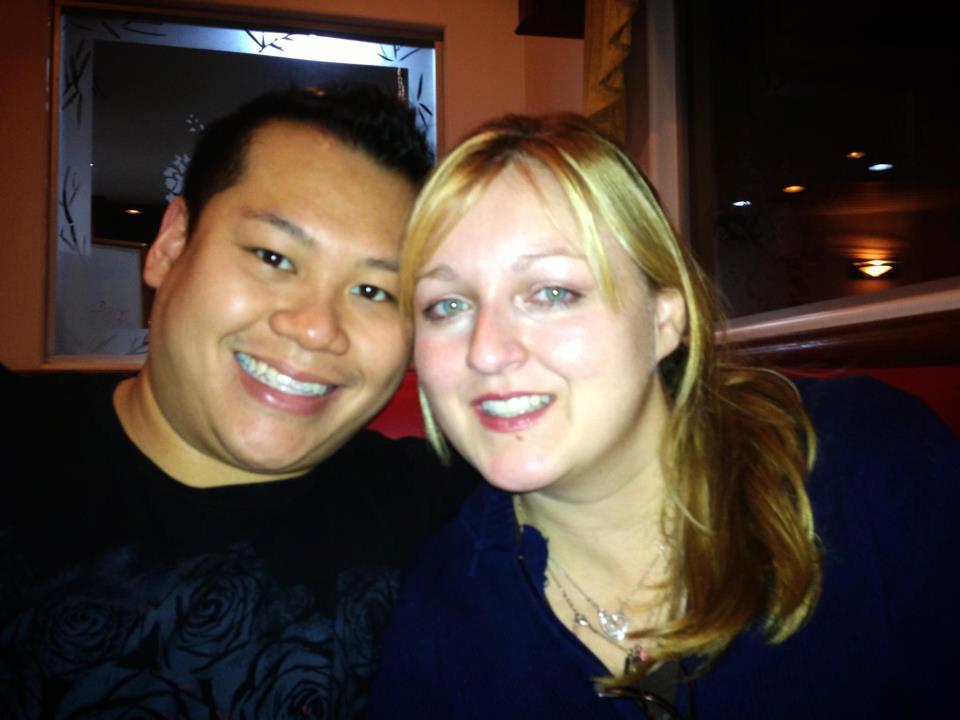Challenges Interracial Couples Deal With That You Don't Think About

By:
Relationships can be hard all on their own. Are they harder when you're dating or married to someone outside of your race and cultural background?
ATTN: spoke to Janice Rhoshalle Littlejohn, senior editor of the Los Angeles Review of Books, filmmaker, and the co-author of "Swirling: How to Date, Mate, and Relate Mixing Race, Culture, and Creed."
 Janice Rhoshalle Littlejohn
Janice Rhoshalle Littlejohn
What are some challenges interracial couples face?
The two biggest themes that came up in talking about interracial relationships were food and family.
"Challenges arise, most often, when children are involved," Littlejohn said.
"I recall a recent interview we did with a couple here in Los Angeles — he, being [a] Chinese-Canadian music composer; her, a Ghanaian physician — in conjunction with the film [Littlejohn's 'Lovers in Their Right Mind']. In discussing different decisions on how to raise their 2-year-old son, the husband responded that he never considered that he was raising a 'Black' child in America, whereas the wife was acutely aware that her mixed-race son would be largely seen as Black in America and was instinctively tuned in to all that this meant for her child as he grows up, despite both of them being immigrants. While there is a movement among those of mixed-race/culture to be seen and identified as 'mixed,' rather than whatever their dominant race may be, socially we’re not as in tune to that concept."
What about Littlejohn's own unique experiences?
"For the most part, my experiences as an African-American woman dating outside my race and culture have been mostly positive," Littlejohn said. "Granted, I live in Southern California, where mixed couplings are common. But that still hasn’t made me immune to the comments and biases of others."
 Janice Rhoshalle Littlejohn - twitter.com
Janice Rhoshalle Littlejohn - twitter.com
Littlejohn literally wrote the book on interracial dating, but even she found herself surprised by some reactions.
"While I’ve been no stranger to interracial relationships, I discovered some cultural lines are harder to cross than others, when my 'liberal' friends and colleagues were less than enthusiastic about me coupling with a man from the Middle East, offering such unsolicited advice as, 'Don’t let him take you to Iran; you’ll never come back,' or commenting, 'Oh, no, not one of those people.'"
(She does note that once they got to know him, they loved him.)
Here are some more challenges couples face in interracial relationships.
"People give us looks, which can sometimes be uncomfortable."
 Tania Baker-Hui/Facebook - facebook.com
Tania Baker-Hui/Facebook - facebook.com
"The biggest challenge is the differences in our families. Mine has been in the States for a long time, but my husband is first-generation American. His family has a very different idea of what is expected than mine. His parents are very much 'get married to a nice Chinese girl and have babies,' and while his mother has accepted me, his father hasn't. I don't get a lot of reaction from people in general to the difference in race, but when we go to authentic Chinese restaurants where he can order in Chinese, people give us looks, which can sometimes be uncomfortable." —Tania Baker-Hui, writer.
"It's a constant struggle between two very different viewpoints."
.jpg?auto=format&crop=faces&fit=crop&q=60&w=736&ixlib=js-1.1.0) Casey Palmer
Casey Palmer
"As a married interracial couple with two sons under 3, one of the biggest challenges we face is how to raise children we see in two very different ways. Sarah as a white mother, who sees her half-white sons' biggest problems as getting into the right schools and making good life decisions; and me, as a Black father wanting to shield them from a system that's stacked against them, often wishing them incarceration or harm without the justifiable reasons to do so. It's a constant struggle between two very different viewpoints, but so far we're making it work." —Casey Palmer at Casey Palmer, Canadian Dad
"I've tried my hardest taking him out to Asian restaurants."
 Zhao !/Flickr - flic.kr
Zhao !/Flickr - flic.kr
"Growing up in Taiwan, I was called 'stupid' for not eating what I was given. ... Long story short, I was introduced and forced to eat a lot of things which my boyfriend considers gross. His family has always been a chicken breast, mashed potato, and hamburger type of Caucasian family. ... I've tried my hardest taking him out to Asian restaurants, whether it's because of my nostalgia or simply wanting him to experience delicious food, and we'd somehow always [end up] getting into fights because of his unwillingness to try new food or my stubbornness to 'force' him to eat something he doesn't like.
"In any case, I've been in the States long enough to eat what he likes, and if I want something from home, I'd go by myself or eat with my friends. I just don't know how I'm going to do that when we have kids. I reiterate to him that our kids will be exposed to foods from the world, and he sure as hell can't, and shouldn't, say no to that." —Karen Hsi, pricing analyst.
"Our oldest speaks the three languages, but our youngest refuses to speak anything but English."

"I am Colombian, and my husband is American-Israeli. ... I think the main challenges came later on, when we decided to have kids. Religion wasn’t a problem, since we both practice Judaism. But language, on the other hand, was a problem with the kids. We knew for a fact we wanted them to speak both Hebrew and Spanish so they could communicate with grandparents and relatives, but being English is their main language, it has proven a big challenge. Our oldest speaks the three languages, but our youngest refuses to speak anything but English. We're not giving up, even though it is frustrating at times. ... On a funny note, [when my husband] noticed most Colombian baby girls have their ears pierced in their infant stage, he told me there was no way our daughters will have their ears pierced so young. Our girls' ears are not pierced, and my friends in Colombia think it's weird." —Eliana Rokach
"What are some things non-interracial couples take for granted, or aren't even aware of?"
Littlejohn's answer to this question was surprising: "I believe there’s still an idea that there’s some hidden agenda for people who date or marry out, rather than two people who hit it off and fell in love."
"Of course, there are those who will only date people outside of their race or culture. ... But, for the most part, there is this idea that people from different racial or cultural backgrounds couldn’t have enough in common or the stuff to make a marriage or relationship work, because they don’t come from the same backgrounds. [But with my former love] we just clicked — and I can’t say that about a lot of relationships I’ve been in, even those with men of my own race/cultural background."
Interviews have been condensed and edited for clarity.
